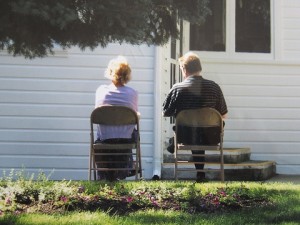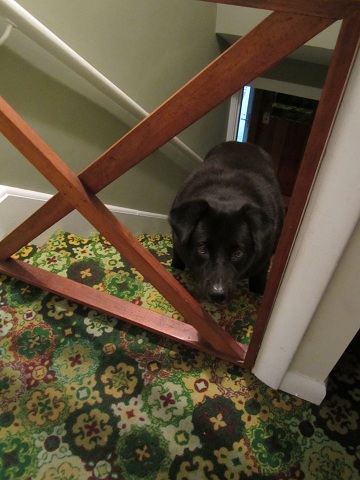Most women love to be romanced, and most men are completely confused about what that looks like. One reason for the disconnect is that romantic behavior usually doesn’t mean much to a man. He thinks it’s silly, even stupid. (Of course, a wise man doesn’t mention that.)
I well remember the time I concocted an elaborate plan to gift Nate with a romantic evening. I arranged for our then-three children to sleep at their cousins’ house overnight and worked hard cleaning, cooking, and filling the house with flowers, candles, and music.
I bought new bed sheets and sprinkled them with spices. (That idea came from the Bible.) Nate reacted positively and thanked me profusely, but his responses probably would have been just as enthusiastic without all the romantic touches.
Male-female relationships have been a challenge since Eden. When Adam and Eve were booted out after tasting the forbidden fruit, no doubt Adam blamed Eve for taking the bait, and Eve blamed Adam for not stopping her. Couples have been squabbling ever since.
In the beginning, Eden’s Garden was a perfect place, and its citizens were sinless. We’re not sure if that lasted 10 eons, 10 years, or 10 minutes, but originally the first couple lived in perfect harmony. What fun that must have been, to enjoy marriage without a single difference of opinion. Each received from the other exactly what he/she needed, and the battle of the sexes didn’t exist.
God hadn’t yet needed to define agape (undeserved) love, since both Eve and Adam deserved the perfect love they received from each other. These days, however, undeserved love is rarely given, and the love we do give has labels: sacrificial love, brotherly love, enduring love, childlike love, patient love, sexual love, romantic love.
And selfish love.
All of us have occasionally loved selfishly, which simply means that on the other side of it, there was something in it for us. In a way, that’s what my gift to Nate was. Since he’d never arranged an elaborate romantic evening like that for me, I put something together based on my own desires and labeled it a gift for him.
Someday, though, when we’re all living in a New Eden, labeled love will be obsolete. Each of us will know how to love like Adam and Eve did (before that fateful bite of fruit), loving perfectly and without limits. We won’t even have to work at it.
Meanwhile, we do have to work at it and should be intentional about loving each other. Even then, probably the best we can do is label-love. One thing we can rejoice about now, though, is that God’s love for us is an Eden-kind of love already, since it’s absolutely perfect in every way. After all…
“God is love.” (1 John 4:8)






